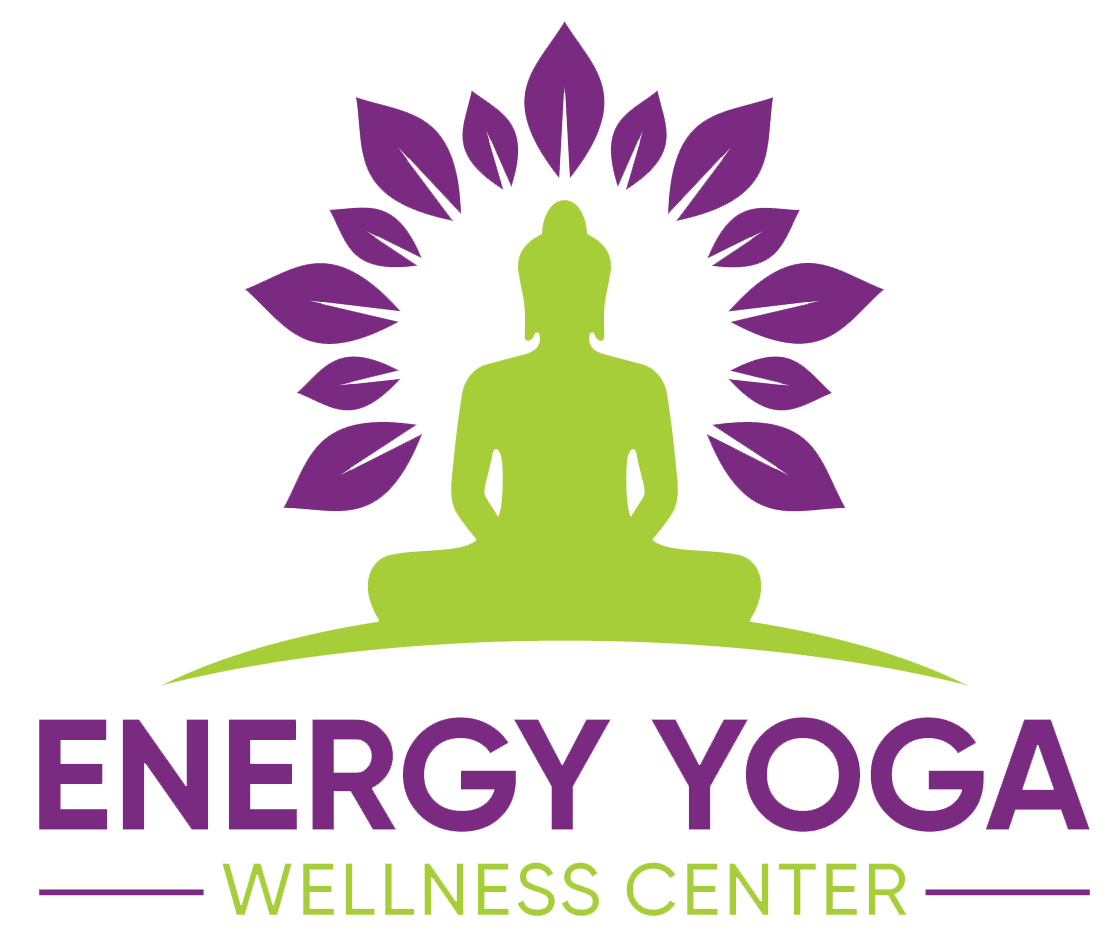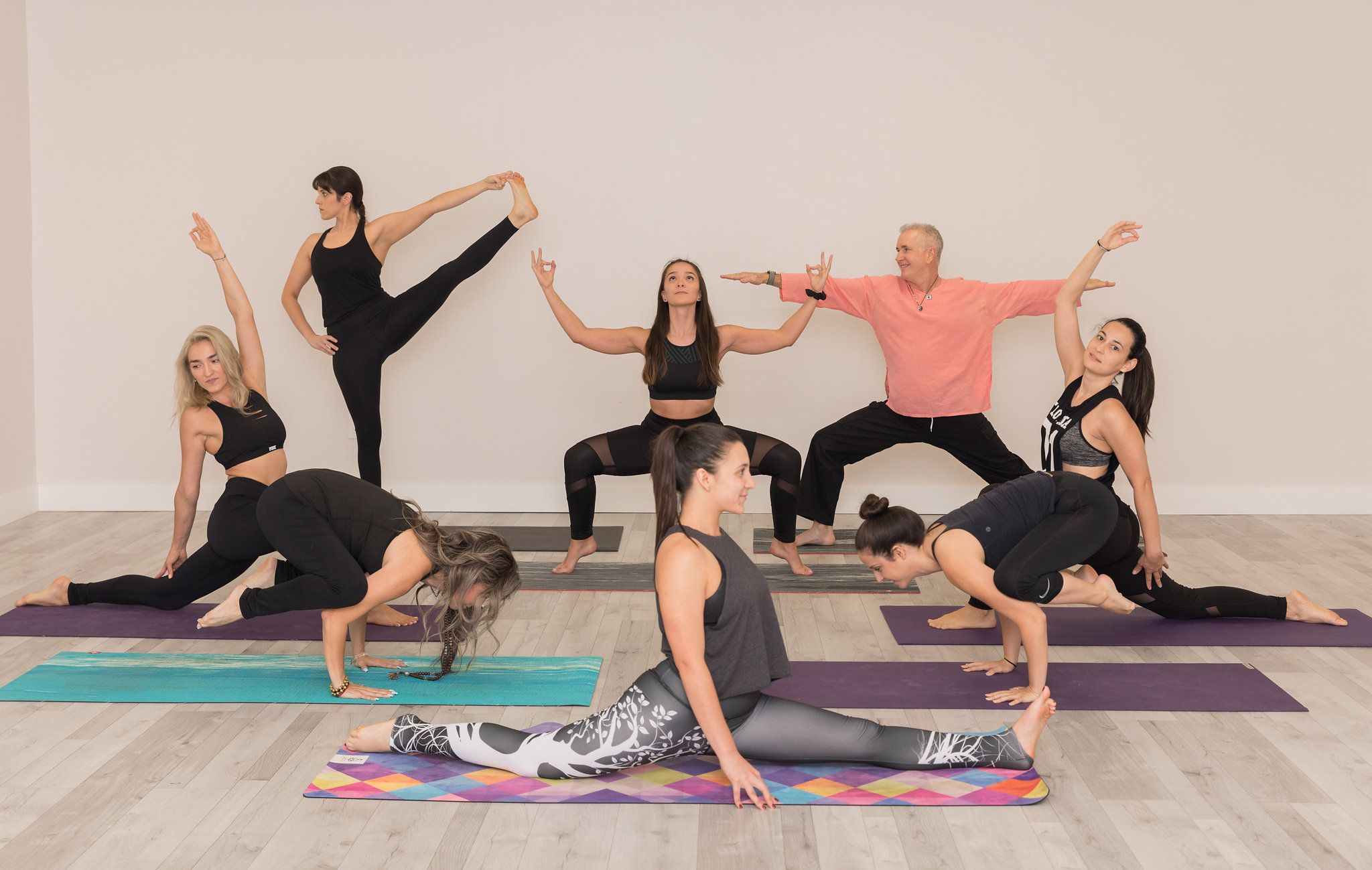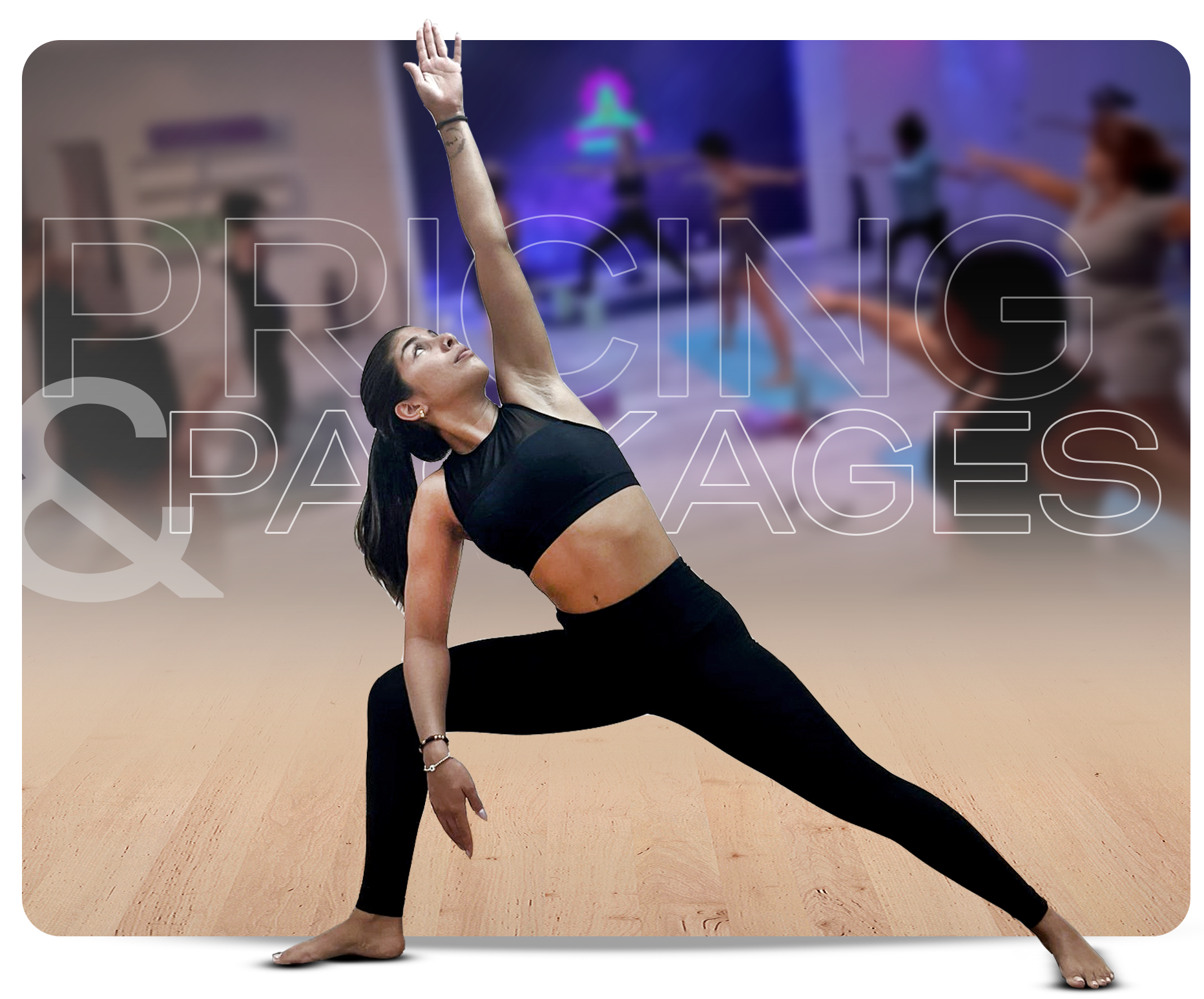WEEK 10.1 (MARCH 5-11) – MEDITATION TO OVERCOME ANXIETY
“take time to make your soul happy tonight. It is from the stillness that life rises”
“[Slow breathing] is like an anchor in the midst of an emotional storm: The anchor won’t make the storm go away, but it will hold you steady until it passes.” – Russ Harris
“Inner peace comes the moment you choose not to allow another person or event to control your emotions.”
Story 1
The Story of the Two Wolves
An old Cherokee Indian chief was teaching his grandson about life.
“A fight is going on inside me,” he told the young boy, “a fight between two wolves.
One is evil, full of anger, sorrow, regret, greed, self-pity and false pride.
The other is good, full of joy, peace, love, humility, kindness and faith.”
“This same fight is going on inside of you, grandson…and inside of every other person on the face of this earth.”
The grandson ponders this for a moment and then asks, “Grandfather, which wolf will win?”
The old man smiled and simply said, “The one you feed.”
Story 2
In a serene monastery nestled among the rolling hills, a wise Buddhist monk gathered his young disciple under the shade of an ancient Bodhi tree, intent on imparting a profound lesson about the nature of the mind.
“Within us, there dwells two dragons,” the monk began, his voice as calm as the gentle breeze, “engaged in a ceaseless battle. One dragon represents the Mara—embodying anger, desire, arrogance, and ignorance. The other embodies the Dharma—manifesting joy, compassion, humility, and wisdom.”
“This very battle unfolds within you, within me, and within the heart of every being that walks this earth,” the monk continued, his gaze reflecting the depth of his understanding.
The young disciple, intrigued by this revelation, contemplated quietly before inquiring, “Master, which dragon emerges victorious in this struggle?”
With a tender smile, the monk replied, “The dragon that triumphs is the one you choose to nourish with your actions and thoughts. Just as we tend to our garden, so too must we cultivate the seeds of compassion and wisdom within our hearts, for it is through mindful living that we foster the growth of the virtuous dragon.”
In this way, the wise monk taught the young disciple the importance of mindfulness and the power of choice in shaping one’s destiny, guiding him along the path towards enlightenment.
“Our yoga class is more than just a space for physical exercise; it’s a realm where both body and mind engage in deep practice. This practice is not confined within the walls of our class; rather, life beyond it acts as a continuous test of our mindfulness. The true test of our learning unfolds as we return home, spend time with family, and merge back into the flow of daily existence. The gracefulness of our practice matters little if we fail to apply the essence of our practice to our actions and decisions, once we step off the mat and back into the world.” – David Scott
“Every time you are tempted to react in the same old way, ask if you want to be a prisoner of the past or a pioneer of the future.” – Deepak Chopra
Have you noticed that in reality, nothing in the future ever turns out to be as stressful as the mind makes it to believe? In the mind small things can grow tall shadows.” – David Scott
“I promise you nothing is as chaotic as it seems. Nothing is worth diminishing your health. Nothing is worth poisoning yourself into stress, anxiety, and fear.” – Steve Maraboli
“All things are difficult before there are easy. What we practice we get good at.”
“Worry never takes always tomorrows troubles, but it surely takes away today’s peace.” – David Scott
“Our anxiety does not come from thinking about the future, but from wanting to control it.” – Kahlil Gibran
If you can’t fly then run; if you can’t run then walk; if you can’t walk then crawl, but whatever you do you have to keep moving forward.” – Martin Luther King Jr.
“When you change the way you look at things, the things you look at change.” – Wayne Dyer
“At the end of the day, tell yourself gently: ‘I love you, you did the best you could today, and even if you didn’t accomplish all you had planned, I love you anyway.” – Anonymous
“Your mind will answer most questions if you learn to relax and wait for the answer.” – William S. Burroughs
“When in doubt, breath it out.” Yoga teaches you how to listen to your body.”
“We ourselves feel that what we are doing is just a drop in the ocean. But the ocean would be less because of that missing drop.” – Mother Teresa
“When I let go of what I am, I become what I want to be.” – Lao Tzu
“You have a treasure within you that is infinitely greater than anything the world can offer.” – Eckhart Tolle
“The elimination diet: Remove anger, regret, resentment, guilt, blame, and worry. Then watch your health, and life, improve.” – Charles F. Glassman
“People have a hard time letting go of their suffering. Out of a fear of the unknown, they prefer suffering that is familiar.” – Thich Nhat Hanh
“The way you tell your story to yourself matters.” – Amy Cuddy
“If a problem is fixable, if a situation is such that you can do something about it, then there is no need to worry. If it’s not fixable, then there is no help in worrying. There is no benefit in worrying whatsoever.” – The Dalai Lama
“The brain is the hardest part of the body to adjust in a Yoga class.”
“It ain’t no use putting up your umbrella till it rains!” – Alice Caldwell Rice
“Nothing is permanent in this wicked world — not even our troubles.” – Charlie Chaplin
“The greatest weapon against stress is our ability to choose one thought over another.” – William James
“Sometimes your joy is the source of your smile, but sometimes your smile can be the source of your joy.” – Thich Nhat Hanh
“In the end, just three things matter: How well we have lived. How well we have loved. How well we have learned to let go.” – Jack Kornfield


